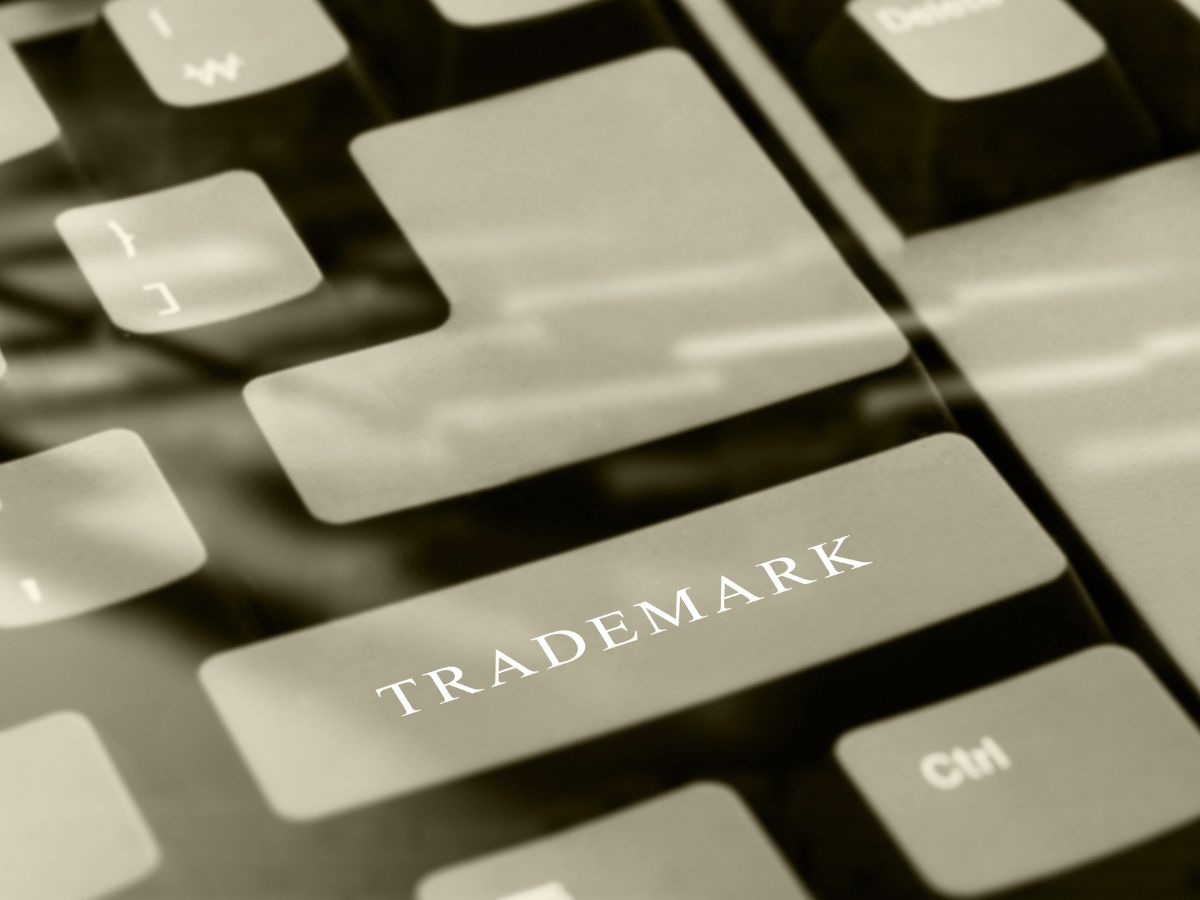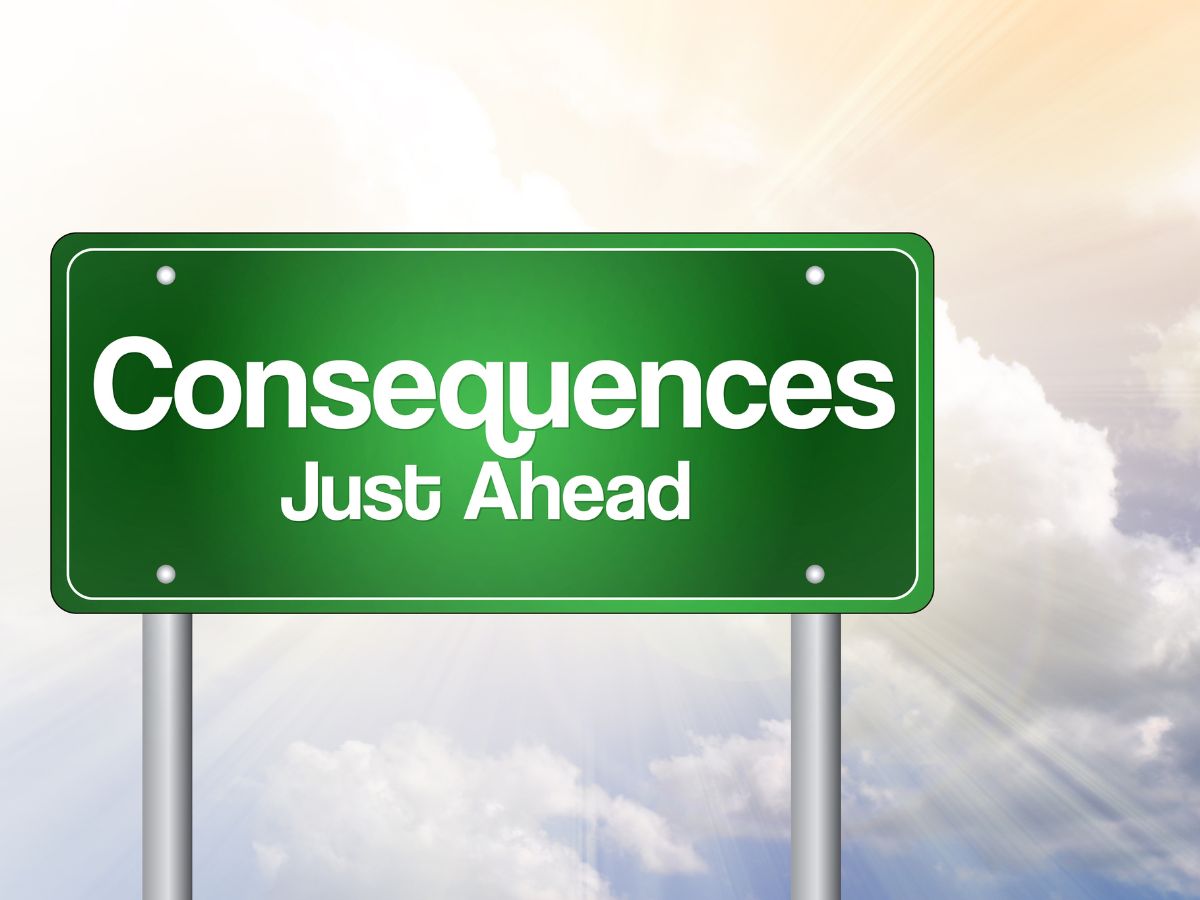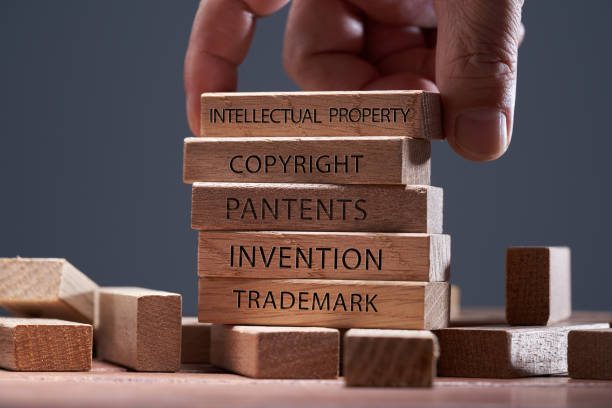Protecting your brand through intellectual property rights
If you’re like most business owners, you’ve put a lot of time and money into building your brand. From developing products to marketing them, your business is an investment—and it’s one that’s worth protecting.
While there are many ways to protect your company’s intellectual property (IP), these five are the most important:
Table of Contents
IPRs are critical to protecting your business
The world of business is a tough one to get into, especially when it comes to protecting your intellectual property (IP). While there are many ways you can protect yourself from theft, the most important thing you should know about protecting your IP rights is that they are critical for protecting your business.
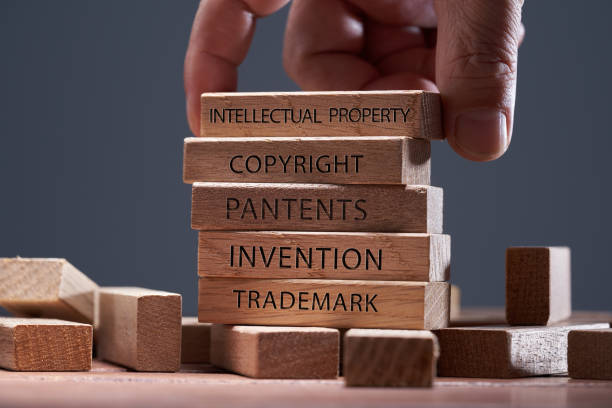
In order to understand why IP rights are so important, let’s take a look at what exactly they are. Intellectual property refers to any idea, concept, or information created by an individual or company that can be used commercially. This includes inventions such as machines and processes; artistic creations like music or artworks; literary works such as books; and even computer programs used in business operations (for example accounting software).
In addition to giving owners exclusive rights over their creations in order to ensure they can make money off them without fear of competitors stealing their ideas, protections also offer legal recourse if someone else tries using those intellectual properties without permission—which means being able to sue them if necessary! And best yet: these laws apply worldwide so no matter where you live there will always be some sort of protection available when someone tries stealing from you!
Without IP, you don’t actually own your brand
Without IP, you don’t actually own your brand and other aspects of your business. You can’t stop others from using your ideas or making products that are similar to yours.
If you’re a small business owner, this might not seem like a big deal. Your products and services may be unique in the world, but if no one else has ever seen them before then how could anyone copy them? The reality is that there’s nothing stopping someone from plagiarizing or copying your ideas—and they’ll do just that if they think it will benefit their bottom line.
If another person copies one aspect of what makes up your business (like its name), then there’s nothing stopping them from stealing other aspects as well (like its logo).
Strong IP protection means more control
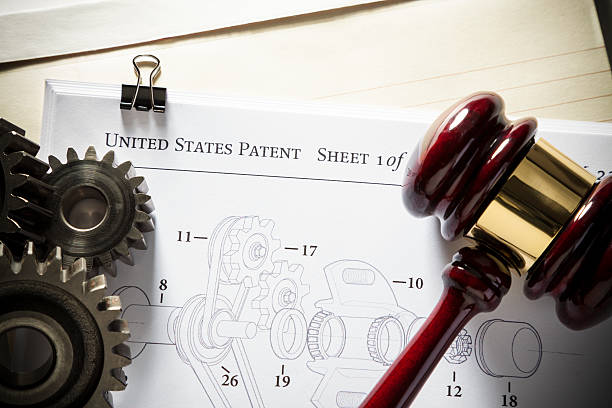
Strong intellectual property rights give you the right to control how your brand is used and protect it from being copied by others.
While there are many advantages to having strong IP protection, one of the most important reasons is that it enables you to:
Stop others from using your brand without permission.
Stop others from selling a product similar to yours without permission.
Types of IP and What they Protect
Here are different types of IP and what they protect:
Patents allow you to protect inventions
Patents are a form of intellectual property that exist to protect inventions. Patents are granted by the U.S. government and allow you to keep others from making or selling your invention in the U.S., typically for 20 years (though it can be longer or shorter depending on whether you applied for accelerated examination).

Not sure if your idea is patentable? There’s no reason to worry! When we review your application, an expert can help you tell you exactly whether or not it’s patentable before spending thousands of dollars on an application that might get rejected anyway since they know which types of ideas are typically granted patents and which ones aren’t—and believe me, there are plenty more things out there than just software!
Trademarks: Identify Products with Words, Phrases, and Designs
Your brand is a recognizable name, logo, or slogan that identifies your business to consumers. Trademarks are one way to protect the value of your business and its brand. By filing an application with the U.S. Patent and Trademark Office (USPTO), you can register a trademark so no other business can use your mark without permission from you.

A trademark registration gives exclusive rights to use the registered mark in connection with goods or services for which it’s registered for a specific period of time—typically 10 years from the date of registration if it’s used in interstate commerce (for example, when you sell products across state lines).
Copyright law protects creative or artistic work
Copyright law protects creative or artistic work from unauthorized use. It is different than patent and trademark laws, which protect inventions and brands, respectively. Copyright law is not intended to protect ideas but rather the expression of an idea (for example, a painting or song).
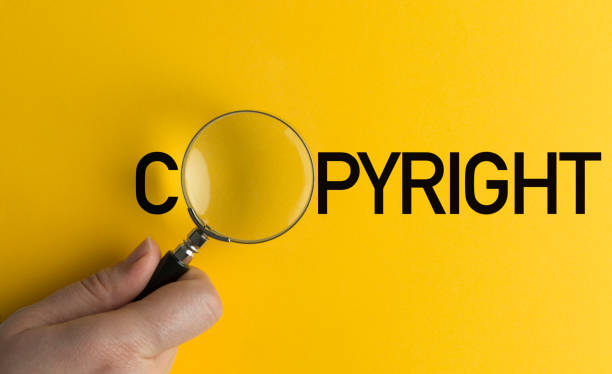
The term “copyright” refers to a bundle of rights that an author has in their work. These include the right to reproduce the work; prepare derivative works based on it; distribute copies of it; perform the work in public; display it in public; and create new works based on yours.
Trade Secrets: Confidential Info for Competitive Edge
Trade secrets are a form of intellectual property. Essentially, a trade secret is any kind of information that gives your company an edge over competitors. This can include things like customer lists, customer data, and even recipes.

As the name suggests, trade secrets are often considered to be confidential. However, that’s not always the case — some companies choose to make their proprietary information public knowledge in order to promote their products or services as unique from those offered by rival firms.
There are two ways in which you can protect trade secrets: through contract or by law (intellectual property).
Conclusion
Intellectual property is a big deal, and it’s critical that you take the time to understand your rights. It’s important to protect yourself so that you can focus on growing your business without too much concern about others stealing from you or using your creative work without compensation.




